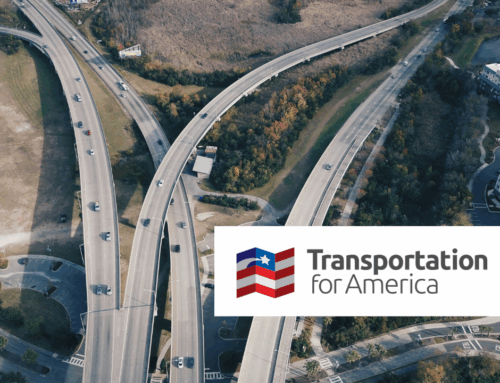Florida lawmakers want federal taxpayers to buy front-row seats for a hurricane. The misguided proposal would carve out a special exemption for eight Florida beaches by allowing federal insurance to cover beach-front real estate that is a sitting duck for hurricanes and erosion.
Sunshine State lawmakers seek to add their proposal in the dark of night to any legislative vehicle — from a massive spending bill to an innocent parks bill — as Congress works round-the-clock toward final adjournment this weekend.
The proposal would worsen the odds against federal taxpayers who already give billions of dollars in subsidized flood insurance coverage to ocean-front real estate. Perversely, these subsidies have encouraged people to build in harm’s way and discouraged them from taking responsibility for themselves.
That’s why the 1982 Coastal Barrier Resources System Act protects taxpayers by barring federal insurance for new development on certain risk-prone beaches and dunes. But the new proposal by Rep. Tillie Fowler (R-FL) and other Florida lawmakers would exempt the beaches from the 1982 law.
Most private insurance companies will not write flood policies for coastal tracts. So Rep. Fowler and special interests are trying to get U.S. taxpayers to pick up the tab. “Fowler’s Folly,” as it is called in Florida, would allow federal insurance of beaches such as Cedar Key, Hutchinson Island, Sanibel and Ponce Inlet. Ponce Inlet hosts a 19-story condominium complex that is struggling to gain private insurance. Fowler’s bill would allow the Ponce Inlet property to receive taxpayer-funded flood insurance policies even though Congress and the Fish and Wildlife Service determined on two occasions that its construction started after 1982.
Fowler’s Folly is opposed by 33 taxpayer and environmental organizations, the U.S. Fish and Wildlife Service, several Florida newspapers, the New York Times and the Washington Post.
For more information contact Beth Millemann, Coast Alliance, at (202) 546-9554.
Welfare Cowboys Lose a Showdown
Grazing interests are losing strength in the Senate. In a dramatic 50-50 tie vote in the Senate on Sept. 17, they failed to kill an amendment to increase grazing fees for large livestock owners on federal lands. The vote was a victory, but final congressional action remains unclear.










